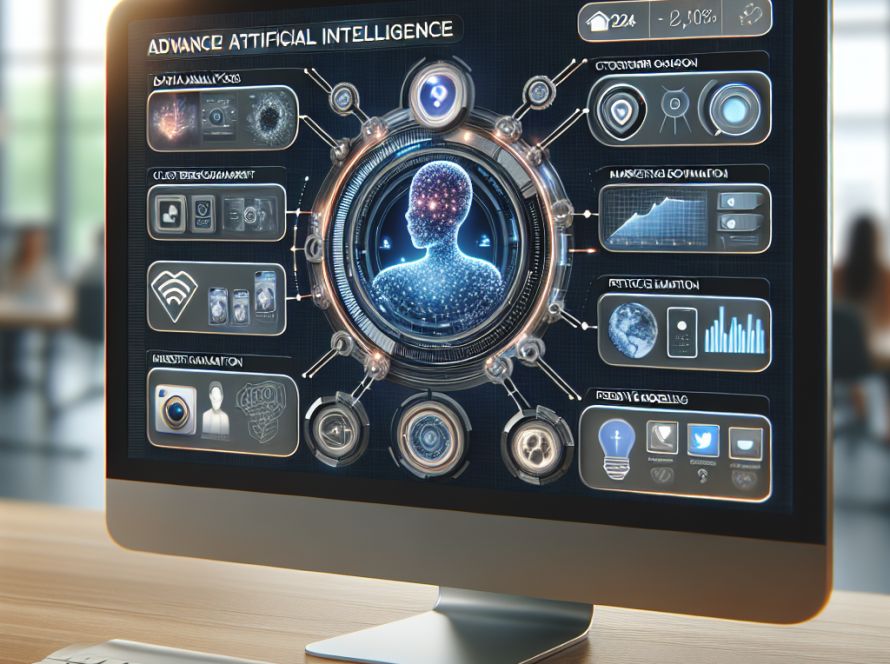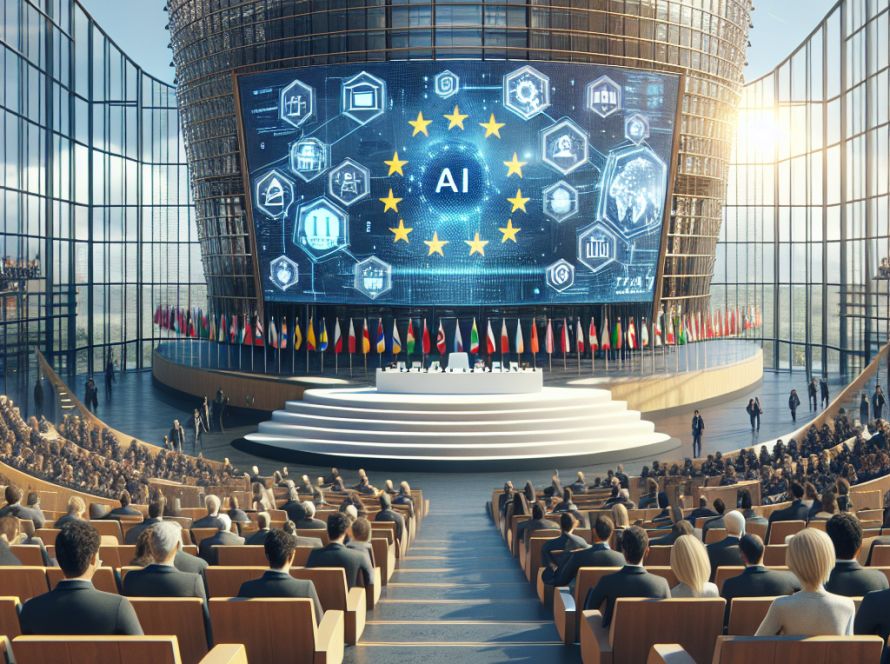The creative industries face significant disruption due to generative AI, leading to unease and real impacts on jobs. This issue came to the fore in 2023 when the Writers Guild of America went on strike, calling for fair rules around streaming payments and protection against AI-related job losses. At the same time, Hollywood’s film and TV industry showed increasing interest in generative AI, stirring both excitement and anxiety.
Later in 2023, the Screen Actors Guild joined the Writers Guild strike, protesting the influence of AI in the creative sector. Despite some agreements being reached to protect jobs, many fear these will not be enough as AI technology continues to advance.
In 2024, several high-profile entertainment companies, including Pixar and Universal Music Group, announced job cuts due to various factors, including technological advancements. Many in the creative industry fear that generative AI poses a significant threat to jobs.
A recent study by CVL Economics predicted AI-related job losses in the US entertainment industry could reach up to 204,000 in the next three years. Critics argue that this report could be biased, as it was commissioned by the Animation Guild, which is against AI. However, even industry leaders recognize the potential impact of AI.
Some 21% of jobs in the film, television, and animation sector could be disrupted by 2026 due to AI, significantly affecting places like California and New York. The technology could also impact about 1,800 jobs in music and sound recording and 13.4% of jobs in the gaming industry.
The use of AI not only threatens jobs but also raises concerns about creativity, artistic integrity, and intellectual property. The copying of creative work by AI is viewed as deeply unethical, similar to Hannah Arendt’s concern about the authenticity of art in the age of mechanical reproduction.
Some argue that AI, like other technological advancements, can enhance human creativity and make tasks easier for artists and entertainers. However, the fear remains that AI could replace human ideation skills and significantly change the creative landscape. Some people in the creative sector are fighting back, using tools like the University of Chicago’s Nightshade to hinder AI models.


